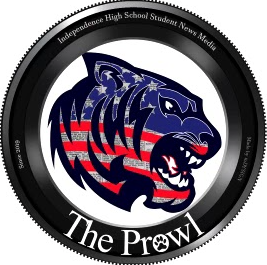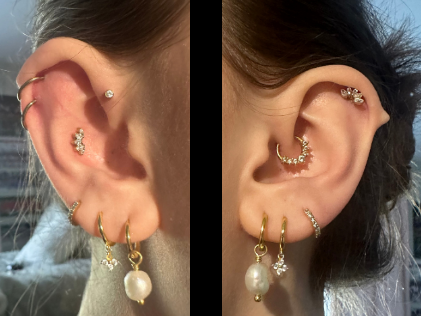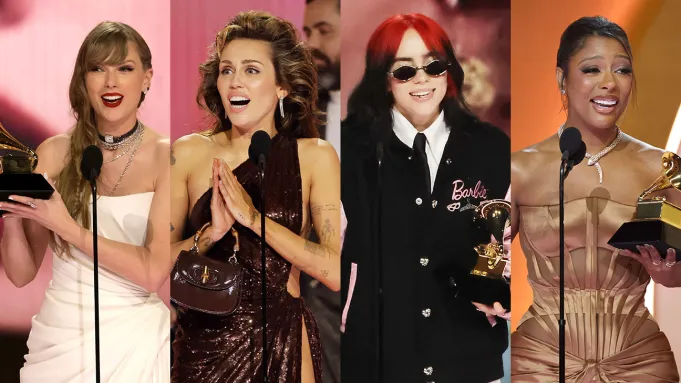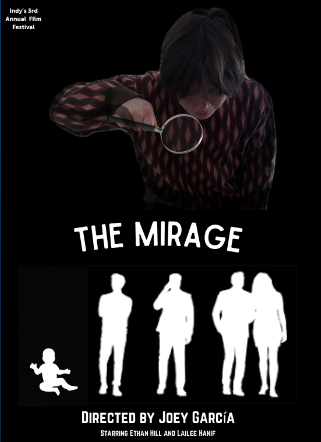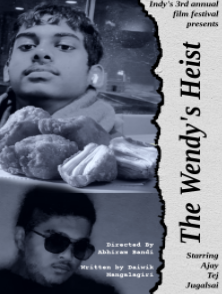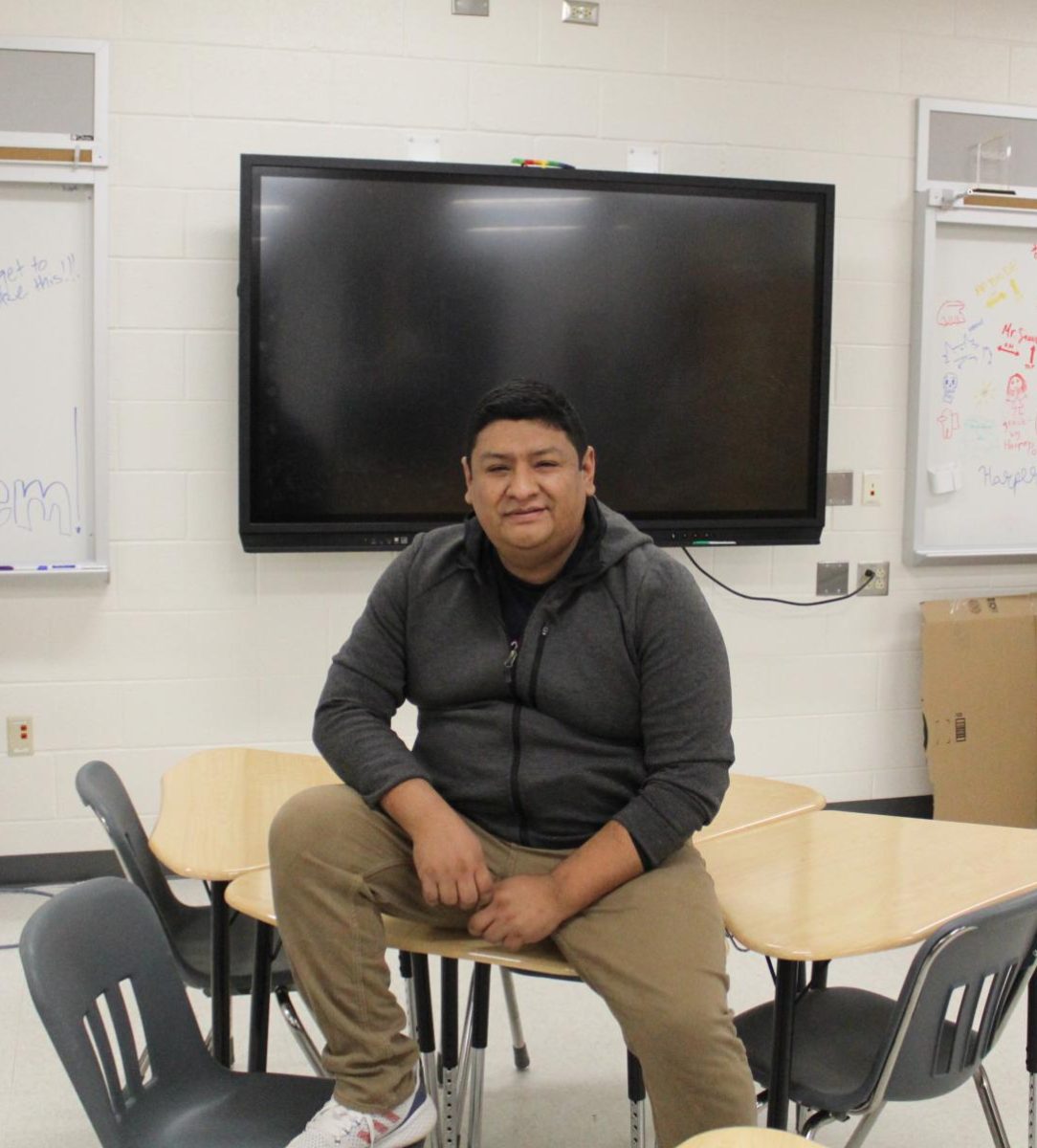
| Q: What led you to teaching biology? |
| A: Life. I wasn’t expecting to be a teacher. I was working for a lab as a researcher and that company was bought out by a company in California. I was supposed to go to California, but I didn’t want to leave my family, since we were really close, so I decided to stay around and see if I can find a job around here. I remember when I was in college, thinking about what can you do with your degree, and one of the conversations that we had was being a teacher. I thought maybe I would sub for a little bit, and then continue applying for jobs and research, and I did. I became a sub;I subbed for math because math and science are where my strengths are. However, I was afraid that I wouldn’t be able to come down to the level of students, or the students would not be able to understand, but I was wrong. Even in middle school, I discovered that students can think through very advanced topics. You can give them some complex stuff and they’ll give it back to you. I got a job teaching middle school science, because that’s what I wanted to do. But then I wanted to teach more things, much higher level science, so I moved to high school because of that. I wasn’t planning to be a teacher, but I love being a teacher. You feed off the students’ energy. It’s really cool being a teacher. |
| Q: What is your favorite aspect of the sciences, and why? |
| A: It’s always changing. All of these aspects and viewpoints of science, they’re changing and evolving all the time. If I were to compare myself, when I was a teen, to you guys, there’s no way I could compete with you guys. You guys do so many things. If I were to be a student, if you were to take me, you know, from back then and throw me with you guys, I would have a hard time trying to keep up with everything you guys do. |
| Q: What is your favorite part of getting to work with students and why? |
| A: My favorite part is definitely that the students don’t know any better, meaning that their minds are way more open. To my students, there’s no limitations. As you get older, you’ll learn things, and you learn limitations, right? Students do not know those limitations so my students dream, and they’ll be like, “okay, this is possible. Maybe I can do it.” They have all of these crazy and original ideas. I really like that part about students. In their minds, there’s no limits. |
Story continues below advertisement
| Q: What is something you wish people were more aware about? Why? |
| A: Definitely technology. That’s why I do the iGEM club. I think technology is going to be very important. Remember how we had the computer revolution? We’re still kind of in it with AI and everything else. Right? Well, something that we haven’t mastered yet is biotechnology, mainly in being able to manipulate genes. We’re getting there, right? We’re getting there. I think AI is going to make it easier and faster to develop biotechnological systems that we can use to manipulate genes. We’re not taking the scientists’ approach to the problem, with genes or embed technology. We’re taking the engineering approach, the approach that directly develops those complex systems, biological systems, rather than simply modifying genes. I think that’s going to be the next revolution in the next 20 or 30 years, and it’s really important to look out for that, and to prepare for it. |
| Q: What are some interesting facts about you? |
| A: I have chickens. I never thought that I would get into chickens but they’re so smart and so cool. Remember the embryology project at school and how we raised chicks from an egg? Well, that experiment allowed the teachers to keep the chicks, so instead of returning them to the farm, I made a chicken coop for them at my house. I live in a house that has no HOA, so I can keep the chickens. I’m getting eggs now from them. The eggs are really good, super delicious and definitely way better than eggs from the store. That’s been one of my hobbies for the past seven months. |
